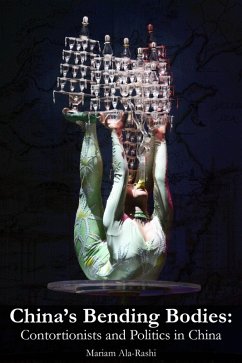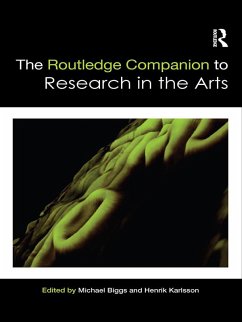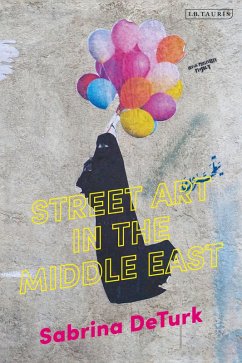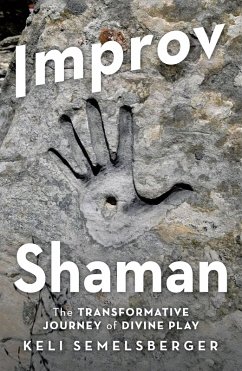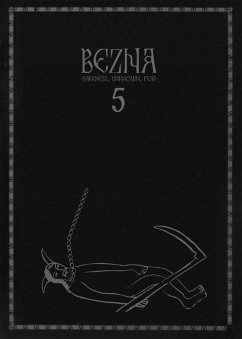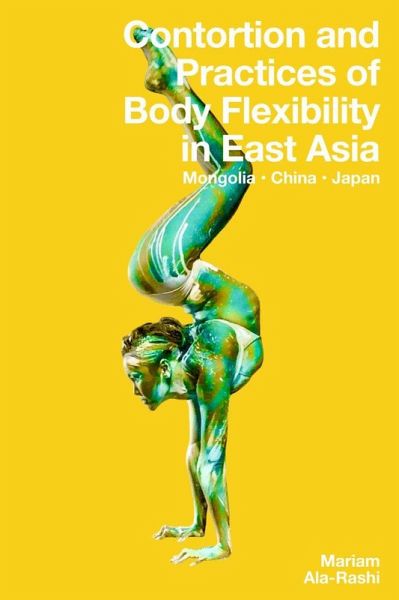
Contortion and Practices of Body Flexibility in East Asia: Mongolia, China, Japan (eBook, ePUB)

PAYBACK Punkte
0 °P sammeln!
This compendium comprises three individual research studies that examine contortion and practices of body flexibility in East Asia, namely China, Mongolia and Japan. It explores the performance art forms Chinese contortion, Mongolian contortion and the Kakubei Jishi lion dance of the Niigata prefecture in Japan which utilizes body flexibility. Common points of discussion in these research studies are the investigation of the history and genesis of these art forms and how they developed in various political and social dynamics. This work further offers vast knowledge about crucial elements such...
This compendium comprises three individual research studies that examine contortion and practices of body flexibility in East Asia, namely China, Mongolia and Japan. It explores the performance art forms Chinese contortion, Mongolian contortion and the Kakubei Jishi lion dance of the Niigata prefecture in Japan which utilizes body flexibility. Common points of discussion in these research studies are the investigation of the history and genesis of these art forms and how they developed in various political and social dynamics. This work further offers vast knowledge about crucial elements such as the artist's training processes, their training environment, the development of aesthetics, symbolism in costuming and body movements, religious themes, mythology and natural phenomena, and costume designs. This compendium includes data from a wide range of literature, material evidence, oral history, current media reports, and considers recent work in anthropology, archaeology, and political history. It, therefore, offers the interested reader, the scholar, the contortionist and contortion practitioner a substantial treatise about contortionism and practices of body flexibility.
Dieser Download kann aus rechtlichen Gründen nur mit Rechnungsadresse in A, B, CY, CZ, D, DK, EW, E, FIN, F, GR, H, IRL, I, LT, L, LR, M, NL, PL, P, R, S, SLO, SK ausgeliefert werden.




